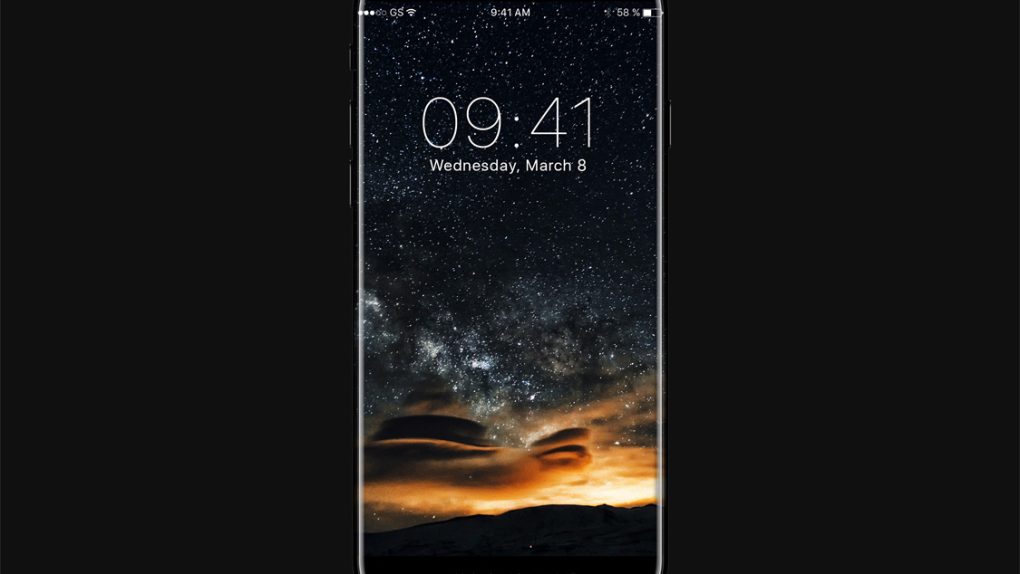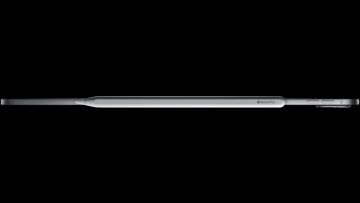For the last seven or eight years, Apple has followed a boring and predictable pattern. Every fall, a series of Apple execs are wheeled on stage in California to explain why the old iPhone is toast, the new iPhone is here, and you have to start waiting in line RIGHT NOW to go buy one.
It’s a well-oiled and efficient process: the phone is shown on stage first; a week later, the first reviews come out from insiders, just to keep excitement up; one week after that, pre-orders arrive and stock arrives in stores. But for the launch of the iPhone 8, we might have to go outside our comfort zone.
A number of reports are now suggesting that the iPhone 8 will be shown off in September, as per schedule, but won’t be available until 2018. The delay is being blamed on manufacturing delays or difficulties with some of the new technologies expected to debut in the phone, all of which is likely.
But it could be something much simpler. The iPhone 8 (or iPhone X, or iPhone Edition) is widely expected to be a major change from what’s come before, and Apple actually has tradition of doing things a little differently for game-changing products.
Think back to the launch of the original iPhone. Steve Jobs went up on stage on January 9th, 2007, and showed off the iPhone to the world. But it wasn’t until June of that year that it actually went on sale, far outside Apple’s normal two-week turnaround time.
Then there was the Apple Watch. It was Tim Cook’s first big new product release, and he chose to show it off at Apple’s flagship event in September 2014. It didn’t hit shelves until April 2015, giving the public six months to work themselves into a frenzy over Apple’s first wearable.
So if there is a major delay between the iPhone 8 being shown off, and the phone going on sale, I don’t think it’s the end of the world. It will superficially hit Apple’s bottom line, as it will have to wait until 2018 to get a major bump from iPhone 8 sales.
But for the people who actually buy the phone, a delay may turn out to be good. It will give Apple time to perfect features, rather than launching a phone with unforeseen hardware problems (read: the iPhone 4’s Antennagate), or with hardware features that require a software update to work, like the Portrait Mode on last year’s iPhone 7 Plus.
Better, a delay will hopefully mean developers have months to work on iOS 11. That means no buggy apps on launch, and hopefully third-party devs will have time to take advantage of new features on the iPhone 8. It’s taken months for apps to adapt to the TouchBar on the new MacBooks, for example, and my banking app only recently updated to let me use Touch ID. The iPhone 8 launch will be much better for everyone involved if the phone hits the ground running, ready to go.










